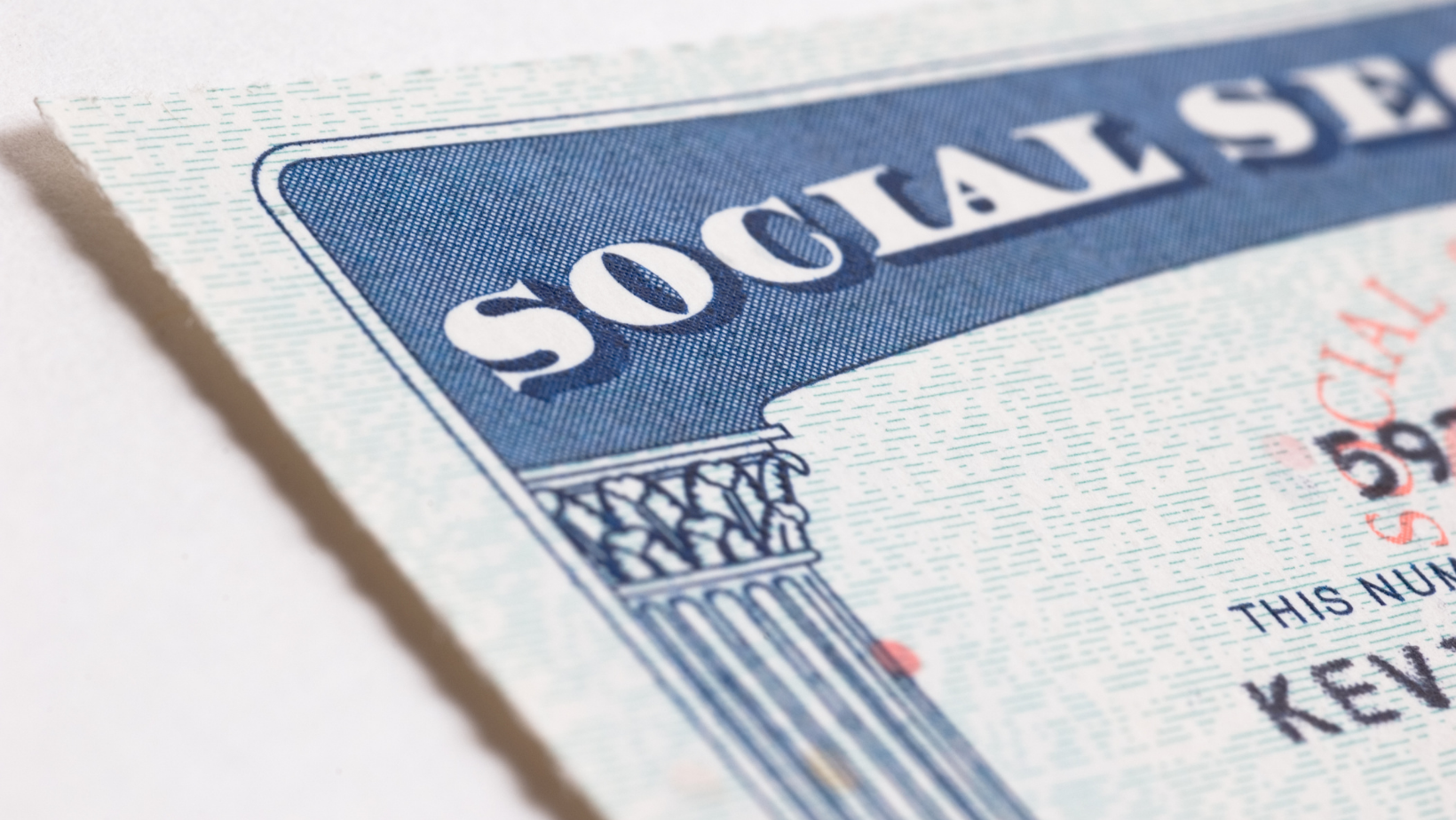Social Security dominates many people’s retirement income. So, when should you start receiving Social Security benefits?
While many individuals successfully retire and start receiving Social Security benefits at 62, the Full Retirement Age (FRA) for anybody born after January 1, 1960, is 67. If you wait until 67, you’ll receive 100% of your earned benefit based on your best 35 years of working. If you choose to work after age 67, your earnings won’t negatively affect your total Social Security income.
- Also Read: Divorce and Your Federal Pension—What Happens When You Split Assets and How It Could Affect Your TSP
- Also Read: What Happens to Your Federal Benefits After Divorce? Here’s the Lowdown
- Also Read: The Best FEHB Plans for 2025: Which One Fits Your Lifestyle and Budget the Best?
Lower income earner: $1,000 at 62 and $1,430 at 67, with $430 being monthly difference.
Higher income earner: $1,750 at 62 and $2,503 at 67, with $753 being monthly difference.
Maximum income earner: $2,342 at 62 and $3,345 at 67, with $1,003 being montly difference.
The early retirement benefit would pay $1,750 monthly at 62, or $2,503 monthly at the FRA of 67 for the higher income earner. That’s an extra $753 each month for the rest of your life. That’s the moment you must decide: $753 every month is a substantial sum over the length of full retirement. To replace $750 monthly, you’d need a 401(k) balance of $225,000 at a 4% income stream.
Another thing to remember is that the system lets you “double-dip” if you wait until 67 to start receiving your Social Security payment. You may continue to work and earn as much as you like, $25,000, $50,000, or $100,000, while simultaneously receiving your full Social Security payment since you waited until the government’s FRA.
However, if you choose early retirement benefits, you have effectively informed the government that you’re retiring. If you decide to keep working and try to double dip (as you may at age 67), you should be mindful of the “early retirement double-dip penalty.”
If you receive discounted Social Security payments and continue to work, you must return $1 for every $2 earned over the 2022 maximum earning limit of $19,560. You would have to pay back $10,000 of your early (70%) Social Security payment if you made $39,560 on your W-2. Avoid this!
Even if you start getting your money back at 67, you’re still an “early retiree.” You get 70% of what you earned, not 100%.
Finally, if you obtained early Social Security payments and later realized you made a mistake, you can pay back the benefits and seek a “do-over.” Instead of receiving only 70% of your earned benefits at age 62, you can work your way up to 100%.
Knowing your numbers at 62, 67, and 70 will help you plan your retirement. Good luck!
Contact Information:
Email: [email protected]
Phone: 6232511574
Bio:
I grew up in Dubuque, Iowa, where I learned the concepts of hard work and the value of a dollar. I spent years in Boy Scouts and achieved the honor of Eagle Scout. I graduated from Iowa State University and moved to Chicago and spent a few years managing restaurants. I then started working in financial services and insurance helping families prepare for the high cost of college for their children. After spending years in the insurance industry, I moved to Arizona and started working with Federal Employees offing education and options on their benefits. I became a Financial Advisor / Fiduciary to further help people properly plan for the future. I enjoy cooking and traveling in my free time.
Disclosure:
Investment advisory services are offered through BWM Advisory, LLC (BWM). BWM is registered as an Investment Advisor located in Scottsdale, Arizona, and only conducts business in states where it is properly licensed, notice filed, or is excluded from notice filing requirements. BWM does not accept or take responsibility for acting on time-sensitive instructions sent by email or other electronic means. Content shared or published through this medium is only intended for an audience in the States the Advisor is licensed in. If you are not the intended recipient, you are hereby notified that any dissemination, distribution, or copy of this transmission is strictly prohibited. If you receive this communication in error, please immediately notify the sender. The information included should not be considered investment advice. There are risks involved with investing which may include market fluctuation and possible loss of principal value. Carefully consider the risks and possible consequences involved prior to making an investment decision.












